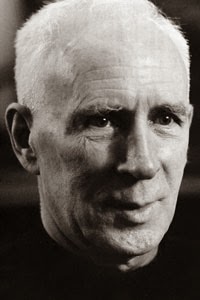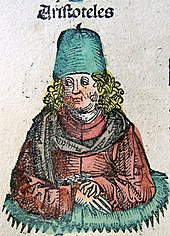Anamnesis Journal has posted my reply to Edward Feser, "Turning Wine into Water: A Reply to Edward Feser".
The errors in Feser’s reply are legion. He did not follow the line of argument, discern the influences that lay behind it, or state the position he identifies with correctly. When a readers’ interpretation varies so wildly from what was actually written, it is often the fault of the author. And I will admit the essay drew on a fairly broad range of intellectual disciplines—from the philosophy of history to theological anthropology—and presupposed familiarity with a wide array of thinkers—from St. Irenaeus to R.G. Collingwood to Hans urs von Balthasar....
Even with this proviso, Feser’s reply systematically misses and misrepresents a number of points that were plainly set forth. Feser obfuscates a distinction that was made quite clearly in the original essay: namely, the distinction between presenting natural law theories without explicit appeal to religious tradition, and declaring natural law completely independent from any religious tradition.
Read the rest here.






